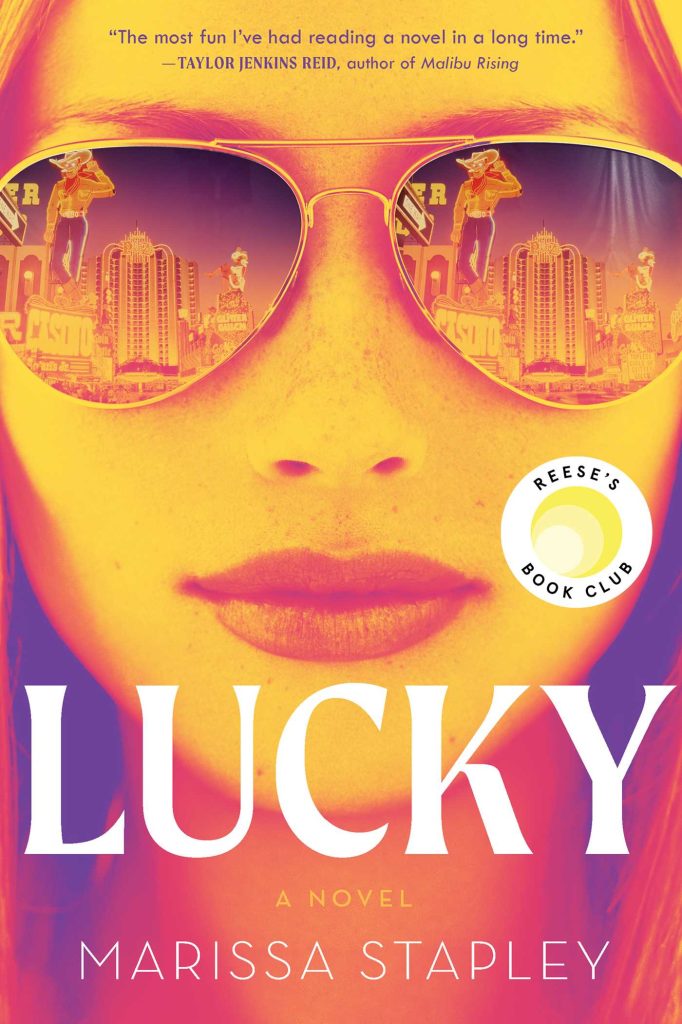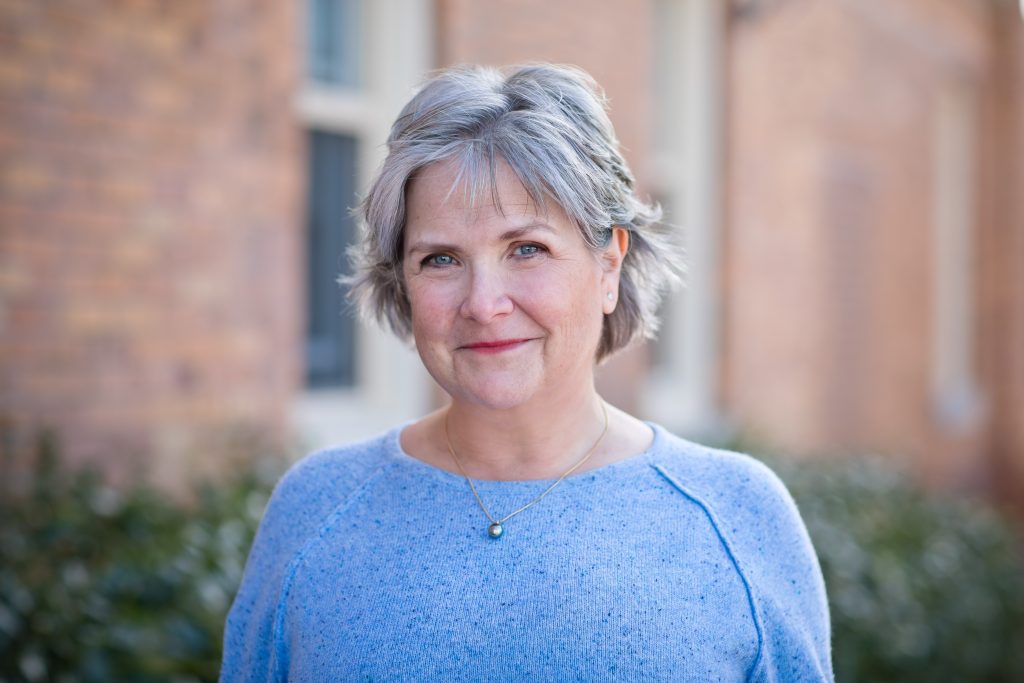Michelle Good, author of the award-winning novel Five Little Indians, will be visiting Vaughan Public Libraries via Zoom on Tuesday, September 27, 7:00 pm, three days before the National Day for True and Reconciliation. I’m inviting all of you to join us for an evening of meaningful conversations. Please register now on Eventbrite!
Five Little Indians has received phenomenal success, for many good reasons. First, for a book that deals with such a painful, heavy topic, it is surprisingly readable and captivating. Michelle has chosen a unique focal point. The book does here and there describe the devastating suffering that the residential school children had to endure, but the horrific crime that happened in the residential schools is not the focus of the book. Instead, the book emphasizes the hardship that the five protagonists had to struggled through while they tried to make their way into the society after the residential school – the outright racism they still received despite they were finally speaking perfect English, the lost connection with their own family (both physically and emotionally), the mental trauma that continued to haunt them even after the cruel physical abuse had stopped … With precise and profound insights, Michelle has skillfully crafted five unforgettable characters, each with a unique story.
The five protagonists’ stories are all based on true cases. Michelle is a member of the Red Pheasant Cree Nation in Saskatchewan. She had worked for Indigenous organizations for twenty-five years before she obtained a law degree. She has been advocating for residential school survivors for over fourteen years. This direct experience with the residential school survivors offers a firm ground of solid materials for Michelle to build her characters and tell their stories.
The traumatic residential school experience impacted all Indigenous communities collectively, but the damage done to each individual is specific and none are the same. There is no way to simply create an “archetype,” so Michelle choses to sculpt five protagonists instead, and the detailed, vivid portrayal of these characters has clearly touched many readers. Michelle’s wise choice of using fiction, as opposed to non-fiction, has made this dark era of the Canadian history much more accessible to other Canadians or even international readers.
Continue reading


